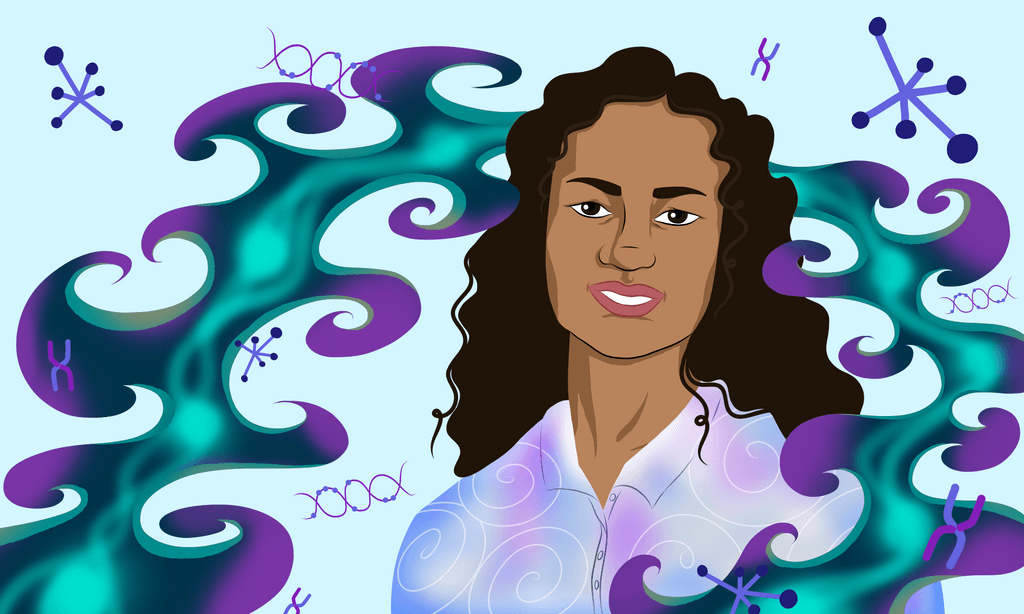Claimed for knowledge that came first; claimed by those in power to preserve their status.
Evolutionary biologist Jerry Coyne has been following an odd controversy over recent months in New Zealand. Here’s his latest piece about it.
Jerry Coyne, 2 Jun 2022: An advocate of Mātauranga Māori claims that it should get precedence over modern science because indigenous knowledge came first
The issue concerns the “native” New Zealanders, the Maori. (They arrived on the islands only around 1300 AD, only some 300 years before the Europeans showed up, compared to the Native Americans, who migrated from Asian around 25,000 years ago, thousands of years before Europeans showed up there. Obviously “native” is a highly relative term.)
The gist of the issue is that the current Maori population in New Zealand is trying to get their traditional teachings, “Mātauranga Māori,” their “indigenous ways of knowing,” established in NZ universities alongside, in particular, modern science, as a legitimate alternative to modern science. As Coyne repeatedly points out, this is nonsense.
The problem with this, as I’ve emphasized repeatedly, is that MM is not only empirical “practical knowledge” (usually “trial and error” determinations, like how to grow crops and catch eels), which does qualify as a subset of science, but is also a mélange of superstition, mythology (including creation myths), morality, and ideology. Only the empirical bits, which aren’t theory-laden and tend to involve the same examples over and over again, even qualify to be taught as coequal with science.
Why would anyone think the Maori knowledge is worthy of being considered science? Coyne cites Ocean Mercer, “a scientist who proclaims that MM should be taught, in its entirety, alongside science.” Why?
Unfortunately, Dr. Mercer offers virtually no examples that would justify considering MM as science, proferring just the same few tired old instances of “practical knowledge.” Despite that, she thinks that MM should take precedence over science because MM came first! This is truly “ways of knowing” viewed through the lens of colonization.
What strikes me about this kerfuffle is that is analogous to Biblical fundamentalists in the US and UK who insist on creationism being taught in schools alongside, or instead of, actual science. Because it’s in the Bible! It came first! It’s rather like precedence in the legal system, where once established, a conclusion is seldom overturned. But science is not the law, or tradition; those who would prioritize ancient traditions over modern thinking are denying the capability of humans to learn.
To institutionalize as science native knowledge like this would be to inhibit the very idea of learning.
I’m sure the Maori “indigenous ways of knowing” are fascinating, in a cultural and anthropological way — as an example of how primitive peoples develop intuitive notions about the world. But the Maori never discovered electricity, never developed modern technology, never put satellites in orbit. Where as the technological tradition derived from Western science did.
In either case — if the Maori got their traditions taught in university, or if Christians got creationism taught in high school — actual scientists would ignore them, as of no use at all, and would disregard students whose only knowledge of science was that.
(Sidebar: I visited New Zealand in 1999 and witnessed a Maori ceremony, rather like a Hawaiian luau, in which locals dress up as indigenous people of hundreds of years before, in grass skirts and so on, and re-enact war dances. The audience is told that an aspect of the Maori rituals is that they stick out their tongues as a deliberately crude, vulgar, insult to their rivals, and when the audience sees that — do not laugh.)
\\
Here’s a second item for today, which is about another kind of presumed privilege.
Slate, Henry Grabar, 3 June 2022: The Pithiest Critique of Modern Conservatism Keeps Getting Credited to the Wrong Man
The essay concerns an aphorism that summarizes “the hypocrisy and moral bankruptcy of the modern Republican Party,” and how who the line is attributed to is the wrong person. Not that Frank Wilhoit; *another* Frank Wilhoit.
But my interest is in the aphorism itself, which is this:
Conservatism consists of exactly one proposition, to wit: There must be in-groups whom the law protects but does not bind, alongside out-groups whom the law binds but does not protect.
This makes a great deal of sense, concerning how some laws are passed to permit things that affect some, and other laws are passed to prohibit things that affect others. Usually those in power, the privileged, and those not, respectively. Many examples immediately spring to mind. (All the voting laws conservative states have been passing since T**** lost are the most obvious example.)
This suggests a new fundamental take on what “conservative” means. Ideally, it’s taken to mean preserving the best of the past, and not lightly abandoning the accumulated wisdom of centuries in favor of passing fads. Stated that way, sounds great. But we can also see that it means this: keep the current order of things from changing.
Now who would most want to preserve the current order — the current social order? Why, those in power, those who have the power to pass laws favoring their own group, their in-group. The out-groups, the minorities and the oppressed, have no reason to want to retain the current social order, but they don’t have the power to change things. This is why conservatives tend to be wealthy and of the majority ethnic group, and why history is so slow to move toward greater justice for all, not just privilege for a few.
Obvious, I suppose. But sometimes an aphorism like the one here helps put a certain perspective into sharp focus.






